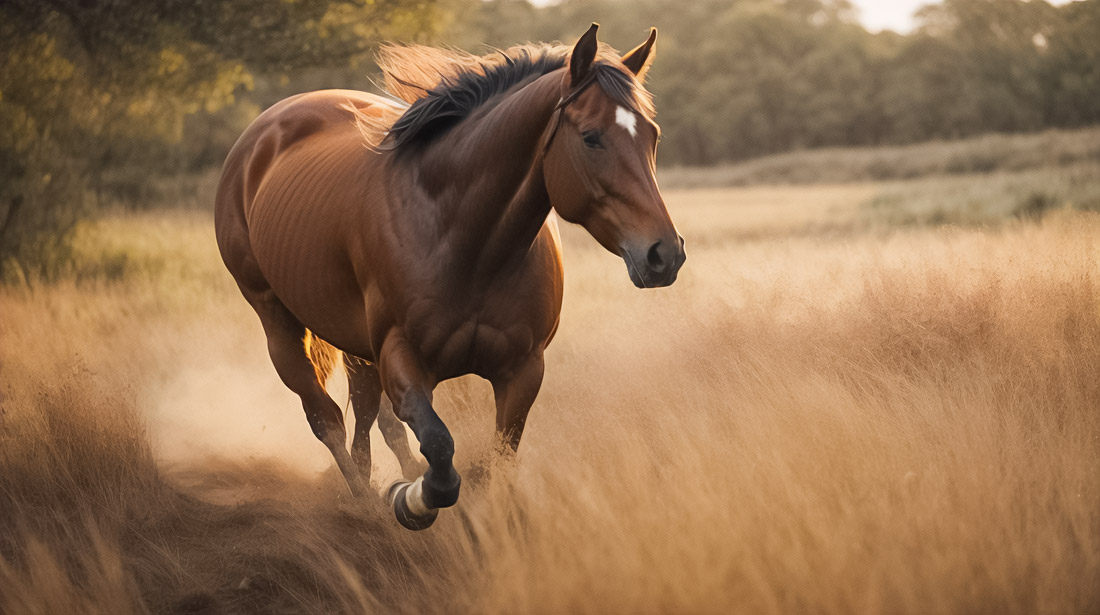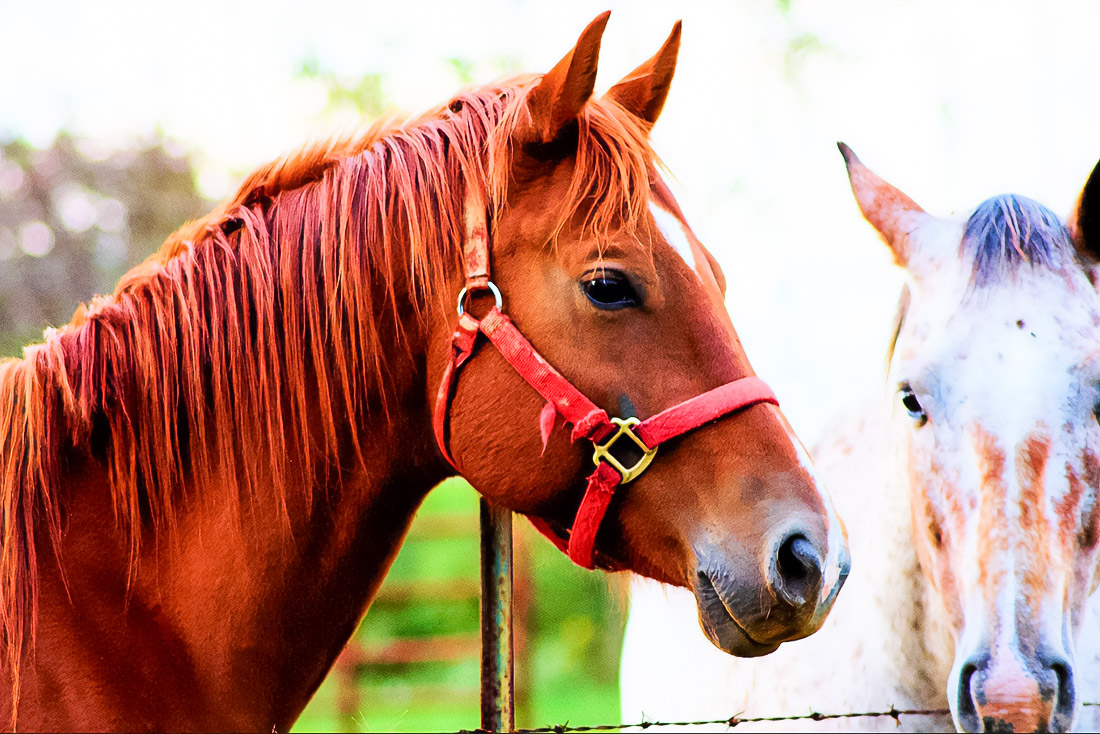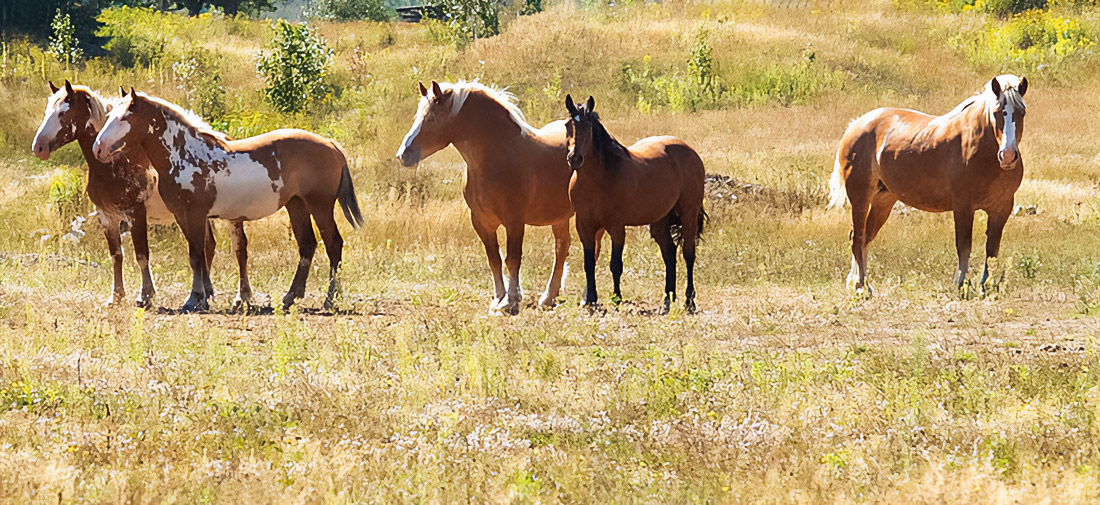
Creative Approaches to Ensuring Feeds for Horses in Extreme Conditions of Dubai
Dubai, located in the hot expanses of the Arabian Peninsula, faces extreme climatic conditions. In summer, the temperature rises to an exhausting 40-50°C. Humidity air at this time can reach 90%. In winter, the climate becomes significantly more pleasant, and the temperature drops to 20-30°C, which is a relative relief for all living beings, including horses. These harsh climatic changes exert a critical impact on the availability and diversity of feeds for old horse feed.
Extreme heat of Dubai: how climatic conditions affect the availability of feeds

When the temperature reaches its peak in the summer months, growing local feeds, such as alfalfa and other grain crops, becomes practically impossible. This forces owners of stables to rely on imported feeds from more cool regions of the world. On average, more than 80% of feeds are supplied to Dubai from abroad in summer. In winter, the temperature falls, which allows partially established local production. Nevertheless, dependence on imports remains high. Alfalfa is one of such important feeds.
Summer challenges and necessity of import feeds
Change of seasons in Dubai leads to significant changes in available feeds. In summer, the main diet of horses consists of imported hay and concentrates, which increases the percentage of grain feeds. This causes changes in the digestion of horses, as such feeds are rich in energy but can not provide the necessary amount of fiber. In winter situations, it facilitates inclusion in the diet of fresh feeds, such as green grass and alfalfa, which improves the condition of the digestive system and the general health of horses.
How to change needs of horses in nutrients depending on the time of year

Changes in temperature and environment dictate the necessity of adjustment of the feeding of horses. In summer, because of increased temperature, horses lose significantly more fluid. This requires an increase in water consumption by 30-40% and the connection of electrolytes for the restoration of balance. In winter months, despite the softness of the climate, more energy will be required for warming; this will compose a 10-20% increase in high-energy feeds, such as oats and barley.
Recommendations for optimization of feeding taking into account seasonality
- In summer months, include in your diet more concentrates and minerals, and provide constant access to fresh and clean water.
- Application of salt blocks and electrolyte additives will help maintain mineral balance.
- In winter, increase the share of coarse feeds, such as hay and alfalfa, for improvement of digestion and general health.
- Regular control of the condition of the body of horses and adjustment of the diet of energy value.
Successful cases and examples of adaptation of feeds

Local stables of Dubai find not few creative solutions for adaptation of feeds. For example, one of the stables successfully implemented a strategy of gradual introduction of fresh feeds in winter, which reduces digestive stress. Also, in summer, increased attention is paid to the use of vitaminized additives to compensate for possible deficiencies and maintain the health of horses even in the most severe climatic conditions. Learn more about strategies of adaptation can be on official resources.
Problems and ways of overcoming seasonal changes in feeding
- Sharp changes in diet can cause stress and reduce the efficiency of work of the digestive system.
- Solution of the problem — the gradual introduction of new feeds and regular monitoring of the state of horses.
- Individual plans of feeding, developed with veterinarians, will help satisfy the specific needs of each horse.
Adaptation to the climatic conditions of Dubai requires thorough organization of feeding of horses. This allows for seasonal changes and adjusting diet, as well as specifics of conditions and needs of animals. Such a strategy helps maintain the health of horses at an optimal level throughout the entire year. More about horses can learn in encyclopedias.

Baseball fan, foodie, record lover, Eames fan and storyteller. Producing at the crossroads of beauty and purpose to craft meaningful ideas that endure. German award-winning designer raised in Austria & currently living in New York City.